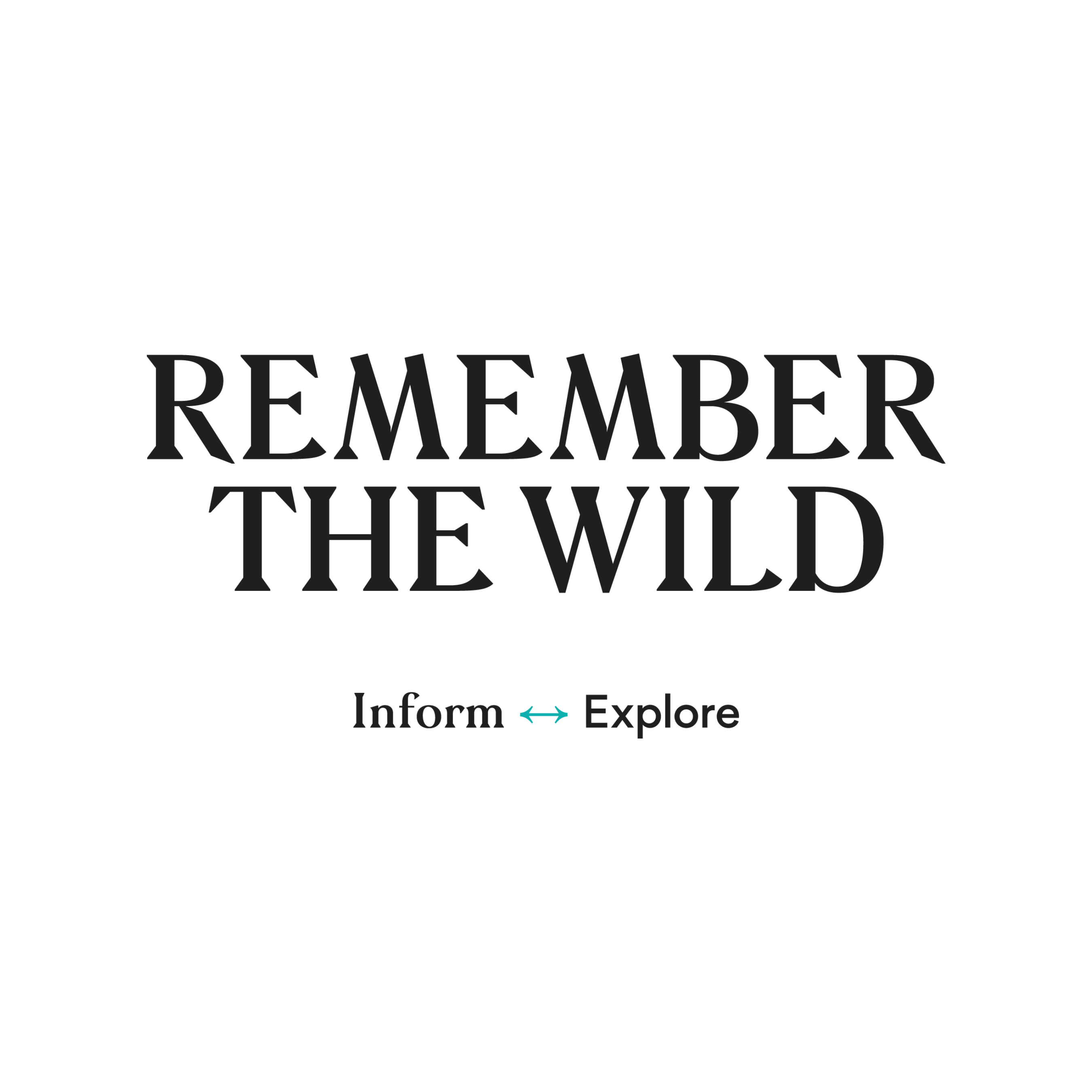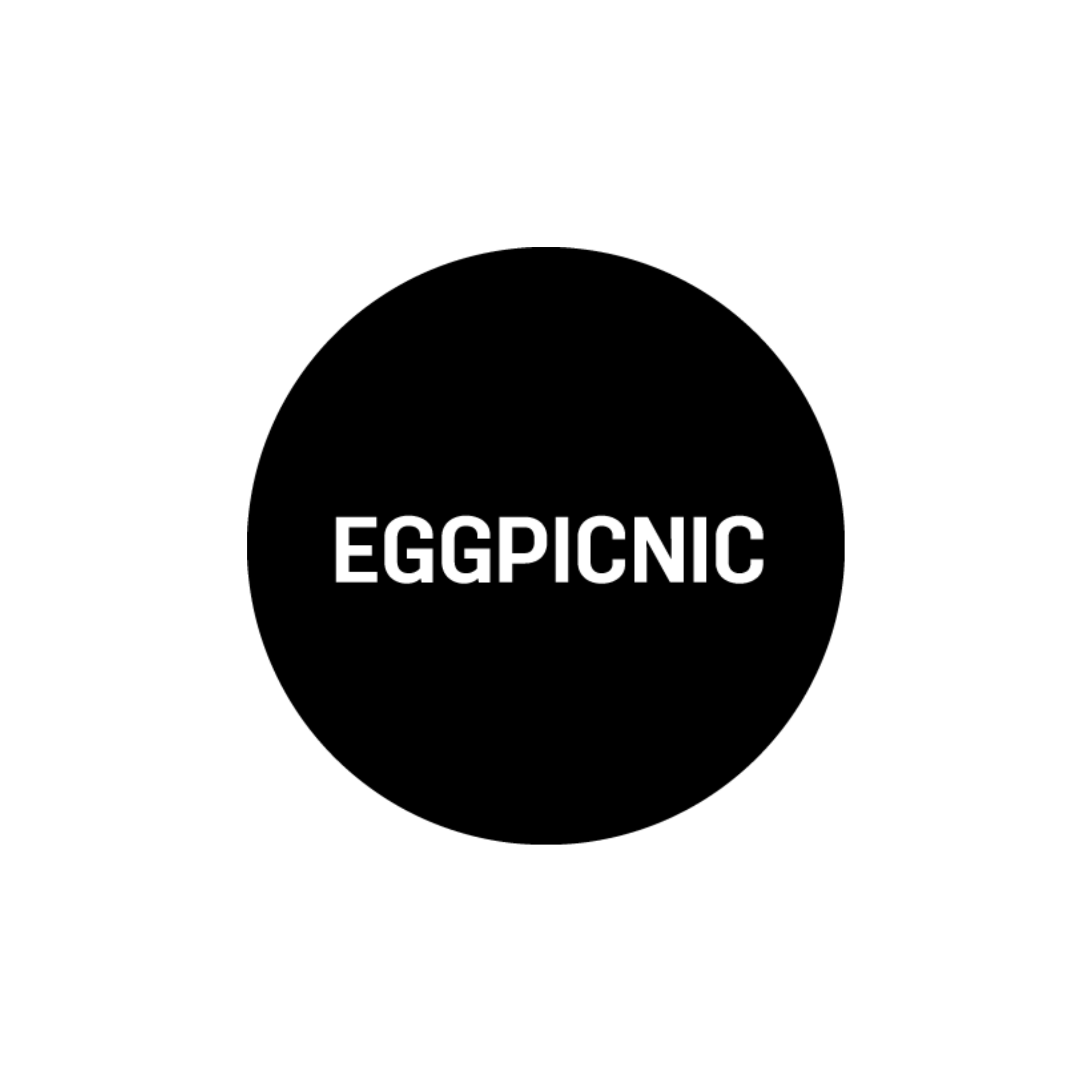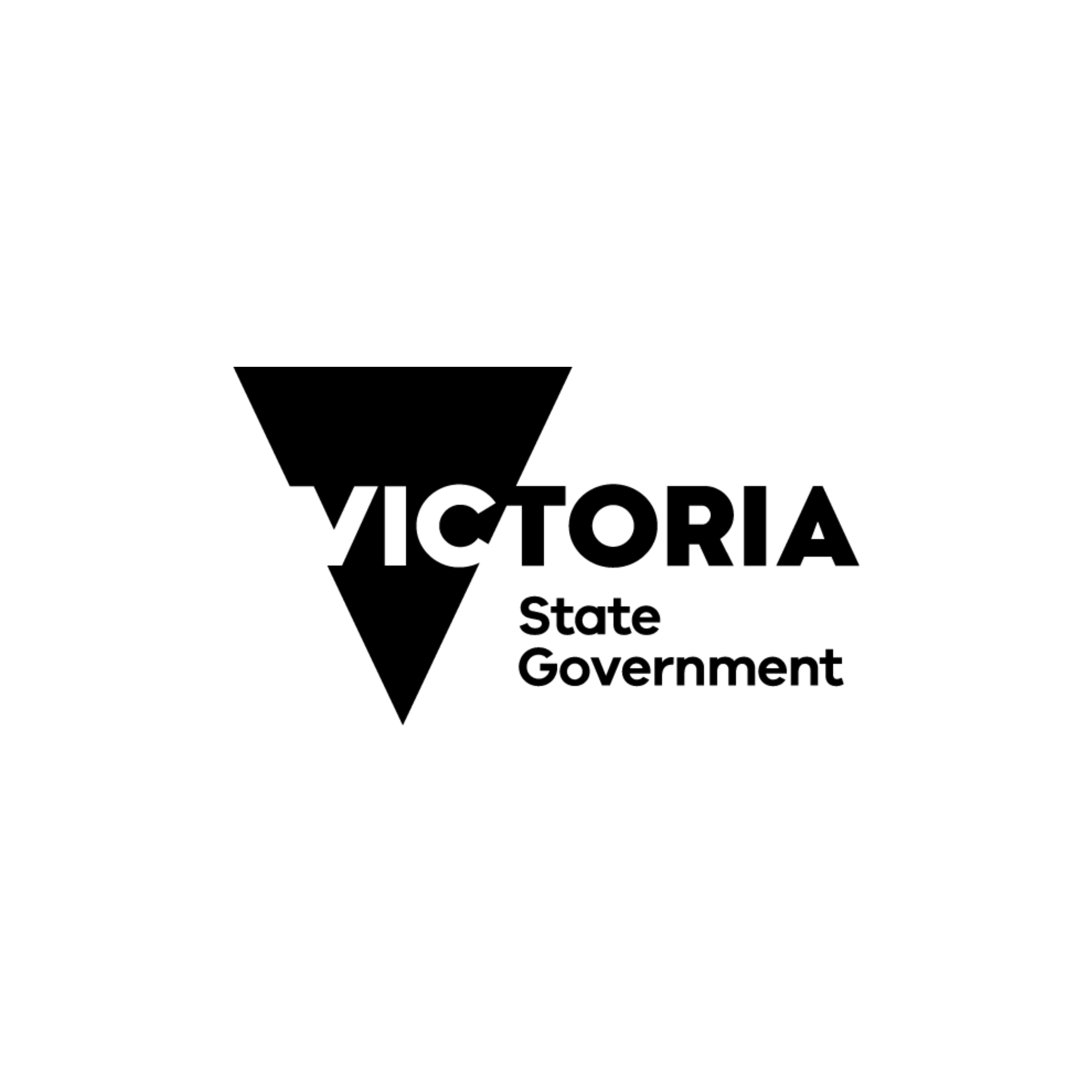Get to know your native neighbours
and become a custodian for your wild home
Connect with local nature
Explore and connect with your local nature, wherever you are.
To care for nature, we need to recognise and understand it. That doesn’t mean we need a degree in biology – far from it. We just need to pay attention to the natural world, allow curiosity, fascination and wonder to take hold, and start to recognise the characters living out their lives around us.
In time, our eyes open to new sights, our ears to new sounds and through awakened senses we begin to notice the daily and seasonal patterns, both in our immediate surroundings, and when we explore further afield.
Start your nature connection journey with three short videos and a printout guide here.
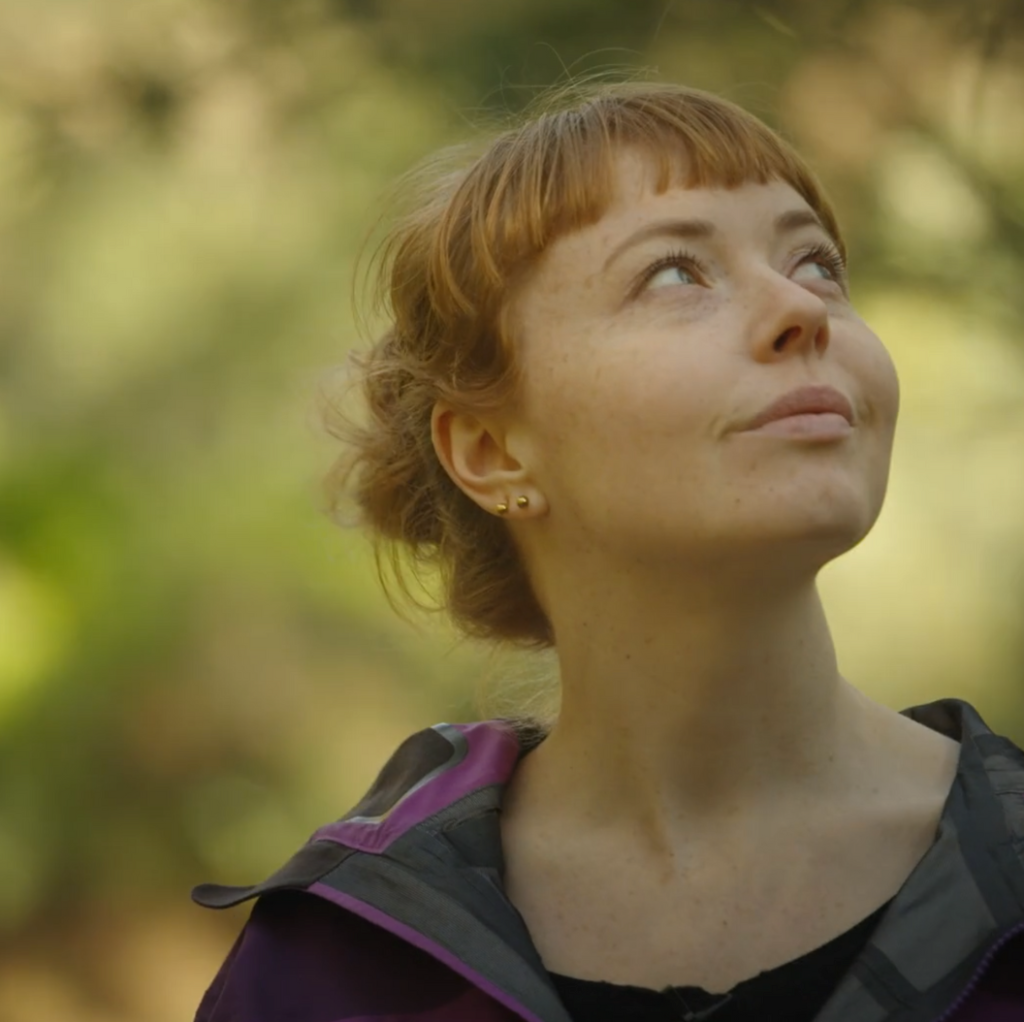
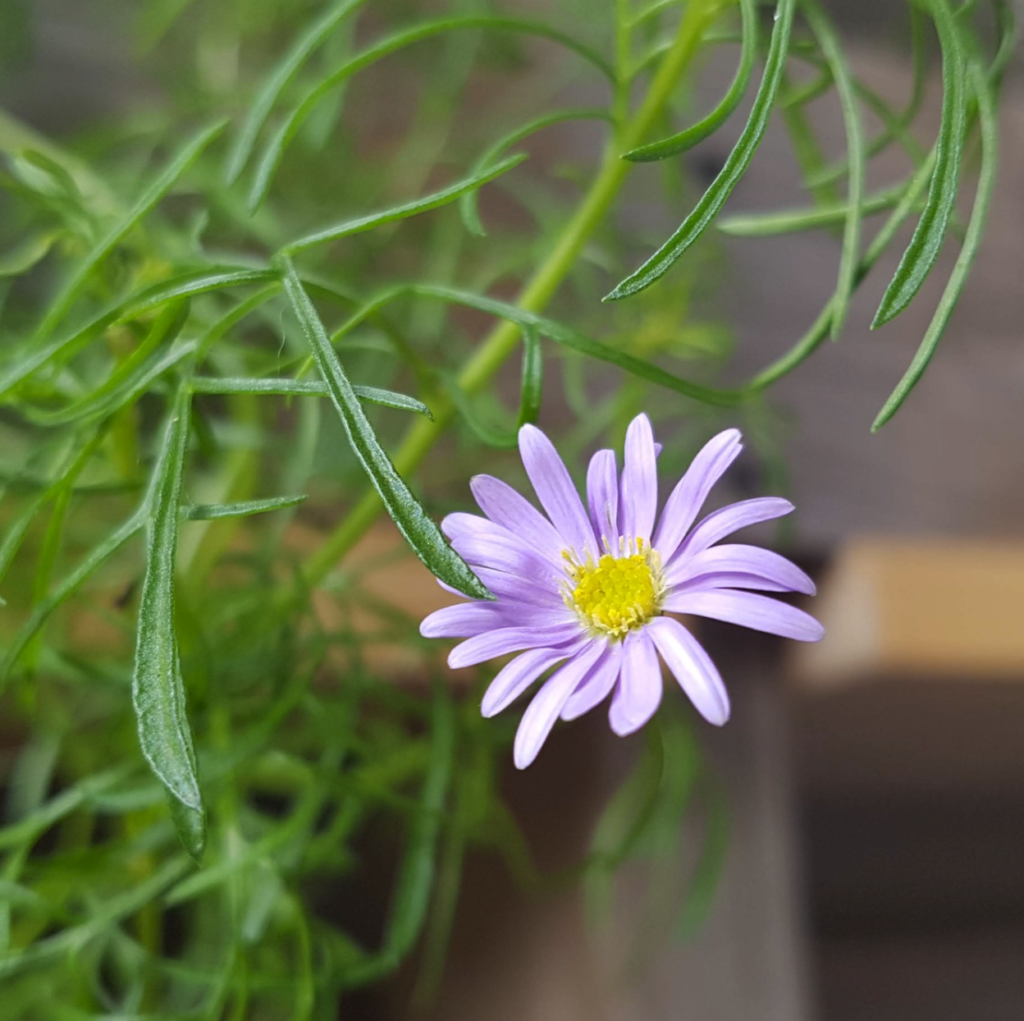
Create space for nature
Nature needs our help to travel through urban environments to their breeding or feeding grounds.
By creating space for nature on your property – whether in a backyard, on a balcony, on the street or in community spaces – you can provide vital links between larger reserves.
Places to eat, drink, rest or hide – Whatever you can provide is a huge help, and the cumulative effect of small nature spaces across suburbs can be huge!
Believe us, the saying is true: ‘if you build it they will come!’ You’d be surprised what can turn up in a small urban garden!
Start your wildlife gardening project here.
Only rain down the drain
Have you ever considered what happens to soap bubbles that disappear down the drain after washing your car? Or where leftover coconut oil ends up after washing pots and pans in your kitchen sink?
The answer: usually in our waterways. Drains spill into little local streams, which join creeks and rivers and eventually end up in the sea. Along the way, these pollutants harm and kill native wildlife, from insects and frogs to birds and the iconic Platypus.
The good news is that many waterways can recover if pollution is reduced!
Learn how to keep four types of common household pollutants out of our delicate waterways here.
Another way to help keep pollution out of waterways is to avoid creating hard surfaces with concrete or tiles. When rain hits hard surfaces it gathers pollutants and rushes straight downhill into drains and waterways.
Permeable surfaces like gardens, lawn, tanbark, pebbles or open soil encourage water to soak in and filter through soil and the roots of plants.
So, let the soil breathe and the rain soak in to gently replenish our water systems and avoid localised flooding. Find out how hard surfaces are harming our waterways here.


Be a responsible pet owner
We love our pets, and we love our wildlife too!
Predatory pets like cats and dogs don’t know they aren’t allowed to chase or hunt. It’s up to us provide enriching lives for our pets while protecting our native neighbours.
Follow these steps to protect local wildlife
- Tune into the environment when out and about with your dog or cat. Give wild animals plenty of space and never let your pet chase or harass wildlife.
- Keep your cat inside or contained in a cat aviary. Find ways to keep your cat safe, happy and healthy at Safe Cat, Safe Wildlife, a free community created by Zoos Victoria and the RSPCA.
- Do some wildlife gardening in areas of your property that aren’t accessible to your dog or cat. Make sure there is plenty of cover and inaccessible spaces for small animals to retreat to. The sight of a wriggling lizard is just too much temptation for a cat or dog to resist!
When we take these easy steps to keep pets and wildlife separated, we’re rewarded with more visits from our native neighbours.
Connect with Country
Feel the essence of the Country you live on.
As you become attuned to the seasonal changes in your neighbourhood, delve deeper and discover the history of the place.
Find out the true custodians of your neighbourhood, and learn about their culture, the ways in which they used and cared for their environment. Learn about local foods and seasons, and learn to recognise them in the world around you.
Explore what the land was like before colonisation. Was it grassland or forest? Did waterways wind their way through but are now hidden in drains beneath? Discover the animals and plants that used to live where you do and think about the reasons they no longer persist. Could they be brought back?
Knowing Country as it is and as it was not only deepens personal connection, it can also give insight into how it might be if tended with care, knowledge and respect.
The City of Melbourne is on the lands of the Wurundjeri and Bunurong peoples. Look to your council to find out the traditional and ongoing custodians of your local area.


Champion Urban Nature
Share your discoveries with others and inspire new connections!
It’s a common, but incorrect, assumption that cities and urban areas are devoid of life. Challenge that assumption with your stories of your wild encounters. Introduce visitors to your wild neighbours, and encourage them to connect with and nurture nature in their own lives.
So many of humanity’s current crises have arisen through a global disconnect with nature. Only through widespread love, respect and custodianship of nature will we return balance to natural systems and protect our collective future.
A collaboration between Remember The Wild and Eggpicnic.
Supported by the City of Melbourne.
